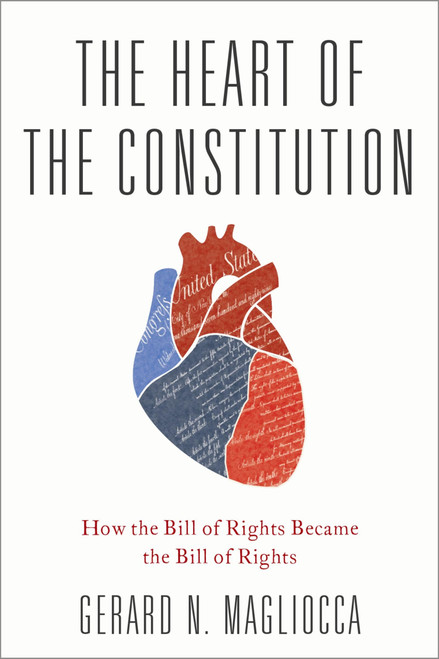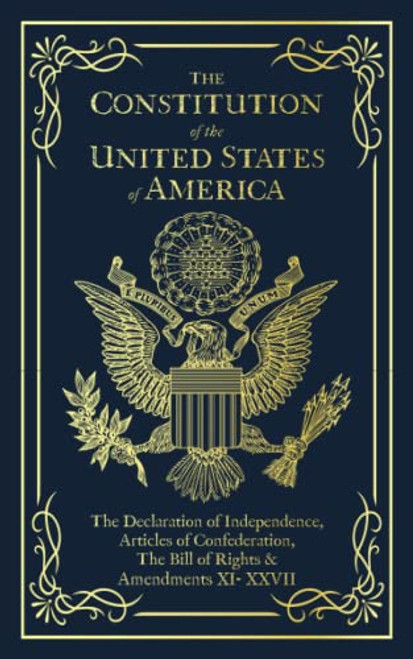This is the untold story of the most celebrated part of the Constitution. Until the twentieth century, few Americans called the first ten constitutional amendments drafted by James Madison in 1789 and ratified by the states in 1791 the Bill of Rights. Even more surprising, when people finally started doing so between the Spanish-American War and World War II, the Bill of Rights was usually invoked to justify increasing rather than restricting the authority of the federal government. President Franklin D. Roosevelt played a key role in that development, first by using the Bill of Rights to justify the expansion of national regulation under the New Deal, and then by transforming the Bill of Rights into a patriotic rallying cry against Nazi Germany. It was only after the Cold War began that the Bill of Rights took on its modern form as the most powerful symbol of the limits on government power. These are just some of the revelations about the Bill of Rights in Gerard Magliocca's The Heart of the Constitution. For example, we are accustomed to seeing the Bill of Rights at the end of the Constitution, but Madison wanted to put them in the middle of the document. Why was his plan rejected and what impact did that have on constitutional law? Today we also venerate the first ten amendments as the Bill of Rights, but many Supreme Court opinions say that only the first eight or first nine amendments. Why was that and why did that change? The Bill of Rights that emerges from Magliocca's fresh historical examination is a living text that means something different for each generation and reflects the great ideas of the Constitution--individual freedom, democracy, states' rights, judicial review, and national power in time of crisis.
The Heart of the Constitution: How the Bill of Rights became the Bill of Rights
Oxford University Press, USA
MSRP:
Was:
Now:
$18.21 - $56.19
(You save
)
(No reviews yet)
Write a Review

Write a Review

Oxford University Press, USA
The Heart of the Constitution: How the Bill of Rights became the Bill of Rights
- SKU:
- UPC:
- 9780190271602
- Maximum Purchase:
- 2 units
- Binding:
- Hardcover
- Publication Date:
- 1/18/2018
- Author:
- Magliocca, Gerard
- Language:
- English: Published; English: Original Language; English
- Edition:
- Illustrated
- Pages:
- 248

Brand: Oxford University Press, USA
The Guardian of Every Other Right: A Constitutional History of Property Rights (Bicentennial Essays on the Bill of Rights)
MSRP:
Was:
Now:
$31.14 - $49.25

East India Publishing Company
The Constitution of the United States of America: The Declaration of Independence, The Bill of Rights
MSRP:
Was:
Now:
$11.30 - $18.54

Brand: Westview Press
American Constitutional Law, Eighth Edition, Volume 2: The Bill of Rights and Subsequent Amendments (American Constitutional Law: The Bill of Rights & Subsequent Amendments (V2))
MSRP:
Was:
Now:
$15.78 - $300.00

Routledge
American Constitutional Law, Volume II: The Bill of Rights and Subsequent Amendments
MSRP:
Was:
Now:
$88.52 - $180.53

Brand: Oculus Publishers
The Know Your Bill of Rights Book: Don't Lose Your Constitutional Rights--Learn Them!
MSRP:
Was:
Now:
$17.75 - $34.68

In Our Defense: The Bill of Rights in Action
MSRP:
Was:
Now:
$12.66 - $23.16
!



